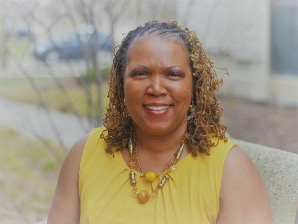
Teaching Towards Succession
I thought it was a simple trip to the lawyer’s office to sign some documents. The previous week my spouse and I had an appointment to discuss estate planning, powers of attorney, and beneficiaries. It’s not that we are ill or old, whatever old is these days. However, now is the time to get our house in order and our papers straight for our children’s sake. So, the follow up with the lawyer was merely to sign on the dotted line. Or so we thought?
At the end of the conversation, the attorney asked point blank, “Do you want to be rich?” Full. Stop. Of course, his office, Ferragamo shoes, and Mercedes parked outside indicated that yes, he knew of what he inquired. He went on to say, “There is so much money in the world, in this city alone. I have to ask if you are content making six figures a year? What wealth do you really want to leave your children?” At this I chuckled out loud (to myself) as any of us teaching humanities welcome such a salary. Yet from his lens I greatly appreciated the query. Yes, it was a question about material stability and financial security, but it was also one of familial succession.
Succession, not the tv series, but the idea of preparing for the next, has been on my mind lately. I cannot open Facebook or IG without seeing some reference to a church calling a new pastor and the cheers and boos related to such decisions. Some congregations, it seems, could write a manual on succession; others need to read such a document. Higher education is constantly moving with personnel and positions on a swivel.
All of the talk about actions and processes around inheriting a title, property, or office translates to teaching. Many in humanities teach well into their seventies, maybe even their eighties. Some because they have to, others by choice. Professors must ask, how are we preparing the next generation to receive the mantle and grab the baton? News of a dearly departed New Testament scholar who mentored so many of us representing various racial and ethnic identities has caused me to revisit this idea of progeny pedagogy. What are we doing to position ourselves so as to yield the ranks to our students and dare I say our students’ students? Our courses, curriculum, community collegiality, discussions, and degree programs ought to reflect that which is coming behind us. How do we teach for what and who is around the corner from around the corner?
Pedagogy should have a present focus as well as a succession framing. What we do now ought to have the sauce for what is to come.
Leave a Reply